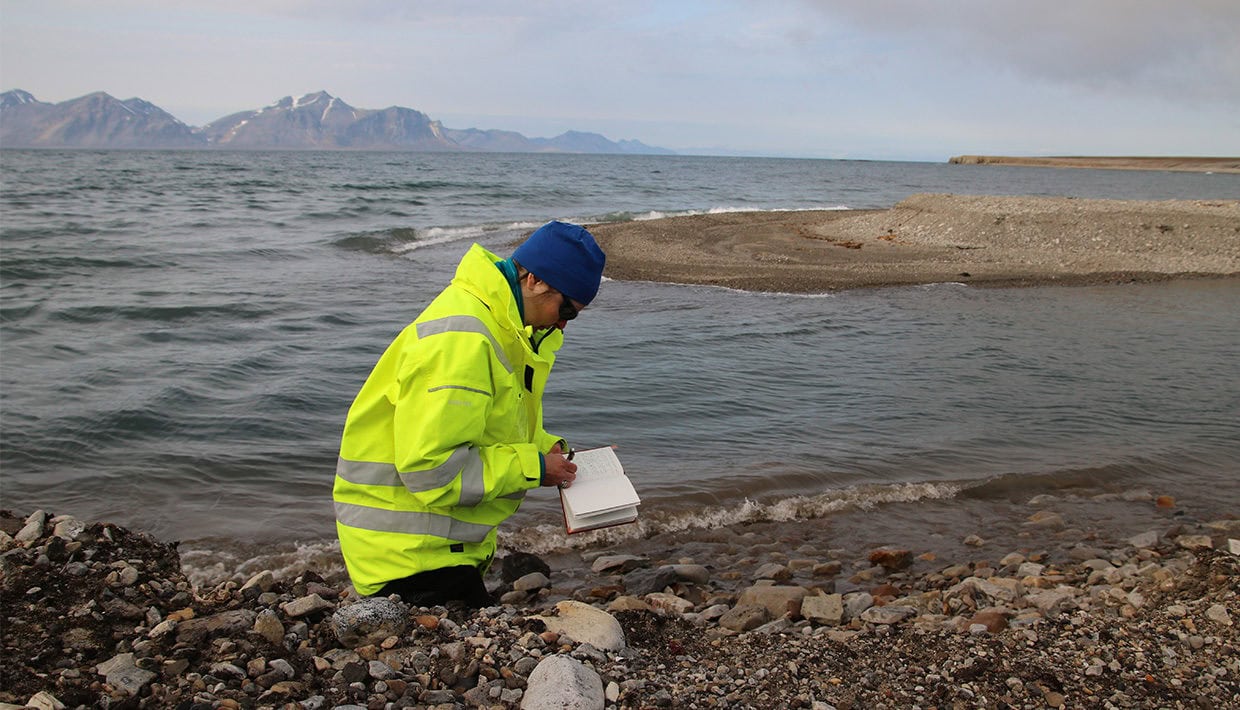
Past, Present, Future: Archaeological Climate Summit in Kiel
The global state of research on social archaeology and climate change it the topic for this years Summit on Social Archaeology of Climate Change (SACC) in Kiel.
Press relase from the Summit on Social Archaeology of Climate Change (SACC), August 2021
Past, Present, Future: Archaeological Climate Summit in Kiel
The global consequences of climate change are omnipresent and have long since ceased to be a problem of the distant future. However, the current discussion about the socio-ecological consequences of climate change often lacks a consideration of (pre)historical climate events and how the population of the time dealt with them. Yet, with the help of archaeological research, important lessons from these (pre)historical events can be used to better understand current transformation processes and build societal resilience.
To discuss the global state of research on social archaeology and climate change, the Summit on Social Archaeology of Climate Change (SACC) will take place at Kiel University in Germany on 6 September 2021. The meeting is linked to the virtual annual meeting of the European Association of Archaeologists (EAA Annual Meeting), which will be organized this year from 6–11 September by the Johanna Mestorf Academy in Kiel.
The aim of the summit is to bring together international scientists and representatives of important international organisations in the fields of archaeology and heritage management to discuss and evaluate the contribution of archaeological research to understand the link between social, cultural, ecological and climatic change. The meeting will take place in the context of the 2015 Paris Climate Agreement and subsequent national and international strategies and initiatives. The aim is to highlight how archaeology, through the study of past adaptive behaviour, is able to enhance socio-ecological resilience of societies as well as their adaptive capacity to current climate change. Furthermore, contributing to the understanding of the impact of climate change on archaeological and heritage sites as well as on cultural landscapes, museums, collections, and archives is also an important aspect of the meeting. The results of the summit will subsequently be summarised and published in the form of a declaration on the state of archaeological heritage and research effected by climate change. Kiel University and University of California Santa Cruz are jointly organizing the summit.
NIKU participation
NIKU researcher Vibeke Vandrup Martens will participate in a panel discussing the role of archaeology and archaeologists in handling of climate change and local and global crises. Here she will use the learnings from 15 years researching climate change and archaeology, including the ongoing Cultcoast project.

